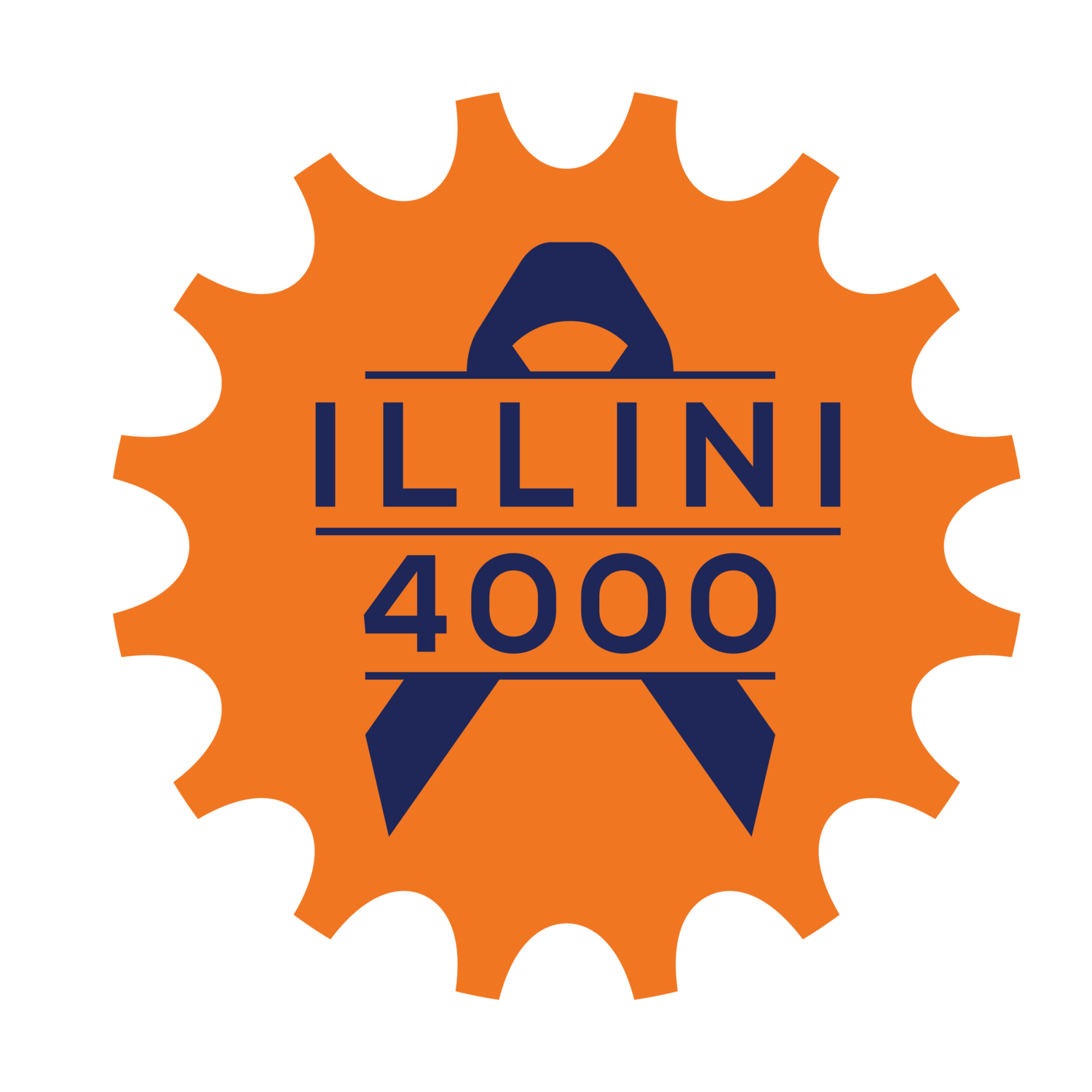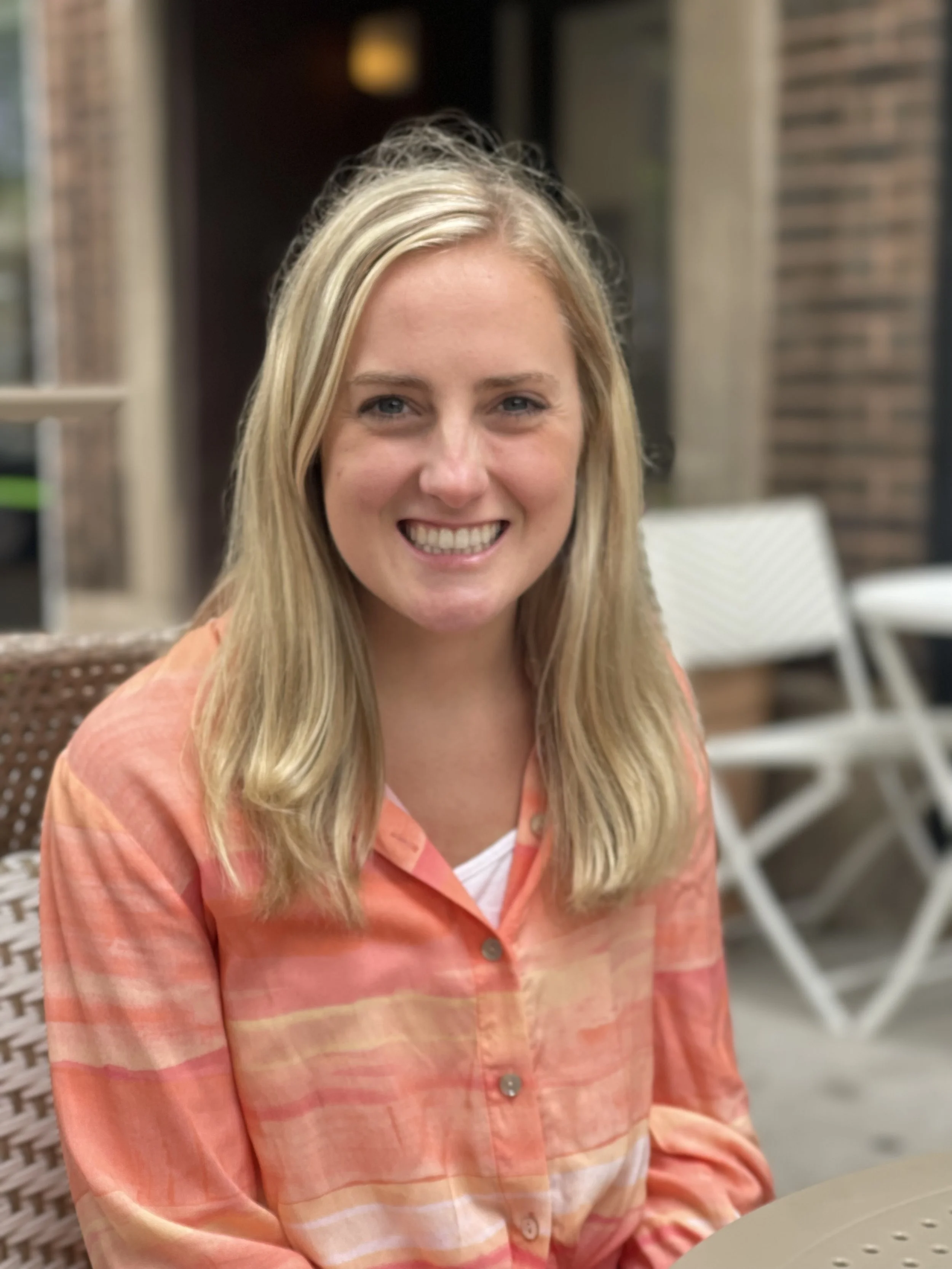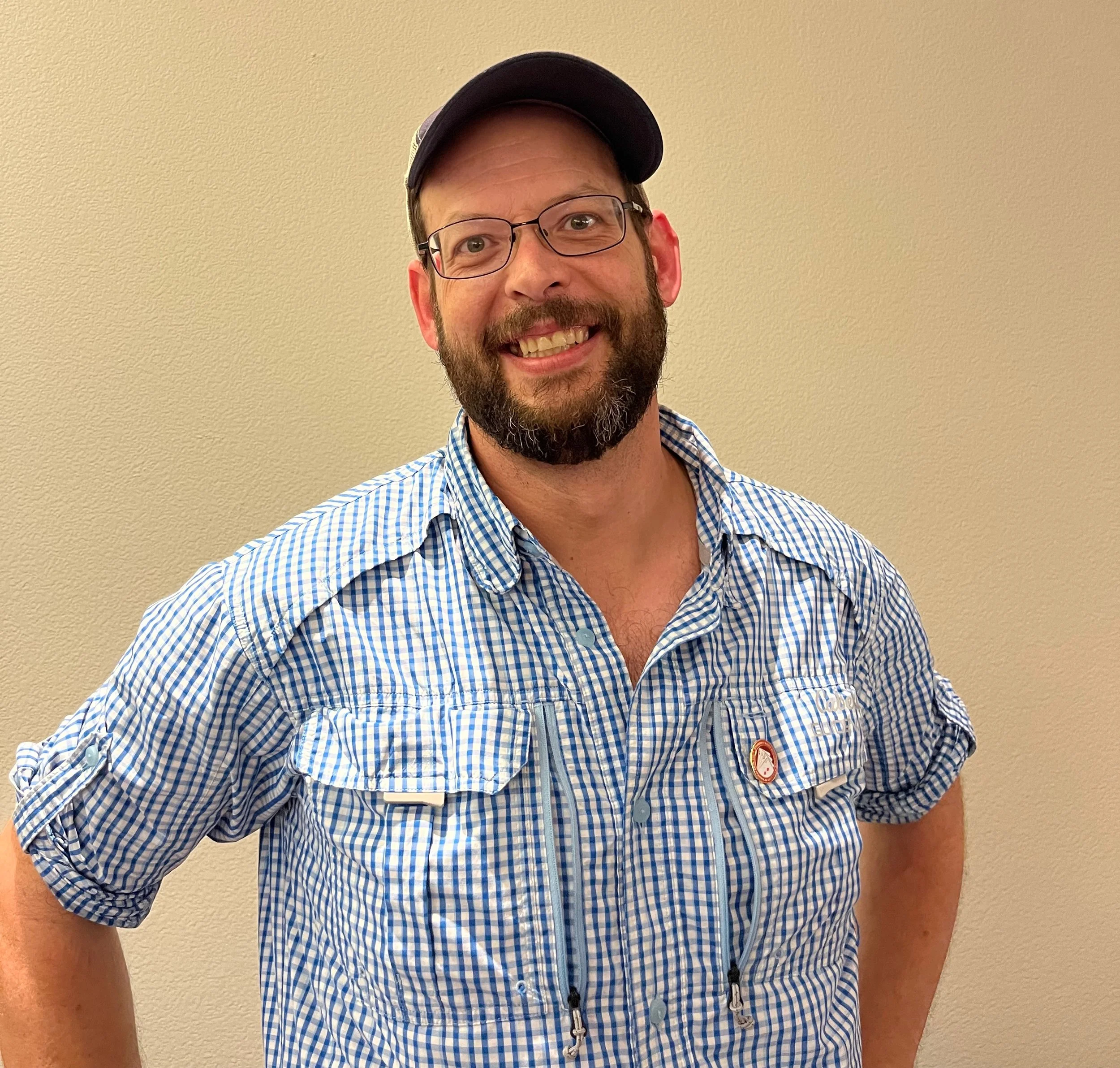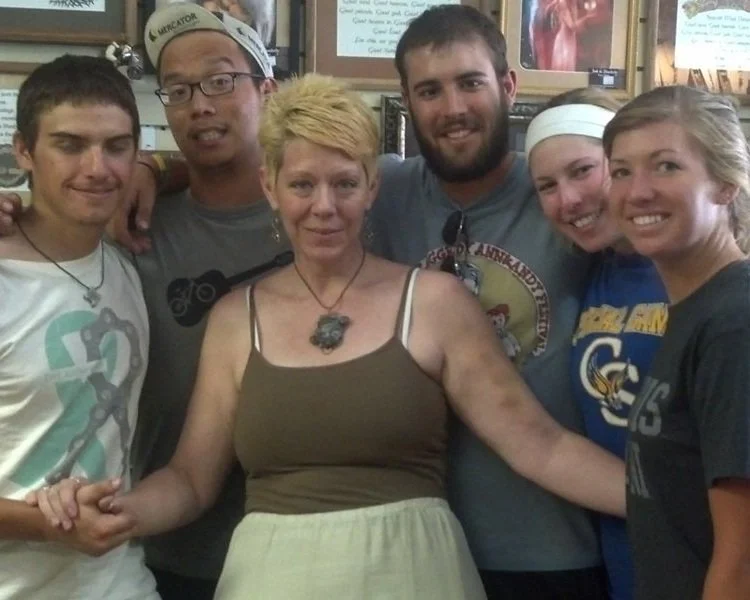Where do you find the un-lost? There are no words. Where do you find where the true love is? Where do you find belonging back again? Where?
Scott Fornek
Deb Schuler
Kathryn Jamison
Evan Disney
Nancy Shelly
“It looked like they were going to be passing away at the same time, but it didn’t turn out that way. I was able to gain strength and know that this was my place. I needed to be able to help them and do the best that I could to love them, get them the medical care, and take care of them the best I could. This was to give them a fighting chance.”
Brad and Patty Moomey, Kathy Graham
“Talking with fellow workers and other people in the community, towards the end of life or retirement, there are two biggest things that affect your life. One is retirement and the other is the loss of your spouse. And that hit me really hard. That’s when I hit the realization that things were as dire as they were. The cancer had progressed so rapidly through her body that it was going to be a real challenge and a good possibility that it wasn’t going to be a winning challenge, that anything was going to work for it. And that was a very difficult thing to overcome. But we did. She took the drugs well; she responded to the drugs. And six years later, we’re still here. We’re still here, and we’re here together. And that’s where I keep saying, the hope, the faith, and the love are the key factors.”
Brenda Schreiner
“Sue called me at 3 o’clock in the morning and said, “I wanna go home. I wanna be with my husband.” He passed away before she did. And I said, “Well, you’ll go home. You’ll see him again someday.” Little did we know that she stopped taking her medicine and she wanted to go home. And that’s really hard, with somebody close – it just really, really hurts, you know. She mourned her husband. He had Alzheimer’s. And now she’s with him. I know they’re all together now.”
Marilyn Wyss
“It’s perfectly okay to sit down with a cancer patient at any age and if they feel like crying, just cry with them. On the other hand, if they want to do something to completely avoid thinking about what’s going on, do it with them. Arrange anything you can that will be joyful to them, any wishes they had – I always wish I could have done this or that – make it happen.”
AnnMarie Cross
“I got ready to go to school, I went to say goodbye to Mom, but she wouldn’t wake up to say goodbye to me. I left for school, and couldn’t think, couldn’t focus. I knew something wasn’t right. Whatever power you’d like to say was involved, my mom knew that I needed to know, and I needed to get to say goodbye. The doctors said that she should never have woken up that day, she should’ve been gone first thing in the morning, that when she went into the coma, she should’ve been gone at that point, but when I got home from school at 10 after 3, she opened her eyes and said goodbye to me. She was gone at quarter after 3. She waited for me, to say goodbye.”
Thelma Frerichs
“We have always been close. My sisters and brothers and children all live close here. We have always been a close-knit family. So we got a lot of support from everybody.
Everybody was very kind to us. And when you live in a smaller community you get a lot more support because you know a lot of people. Even the doctors and nurses were kind, and then the contributions – they gave us gas money to go to Rochester. So that was a great help because it was very expensive, all those trips.”
Nancy and John Frank
“Cancer doesn’t discriminate between religions, sexual orientation, anything like that. The one thing none of us can afford to do is to hang on to any preconceived prejudices. You love everybody for who they are and it doesn’t matter, because we all share the fear of an uncertain future. So it brings out the realness in people. It brings out the thing that is most important to people. You don’t have the luxury of the petty thoughts. In that way, some people are actually blessed to have cancer come into their lives because they can cut through and can learn some lessons as they search deep inside themselves.”
Eric Smith
“In the Marine Corps, we’re taught this. When the enemy attacks, you don’t let the enemy attack. You assault the enemy. You press into them. So we got as much information as we could. He started eating right, started getting himself squared away and everything like that. He went through a nasty bout of chemo, lost a lot of weight. My brother…God bless him. My brother was a very vain man. He had long hair and he lost all of it. Well, he went into remission for a little while, got through the chemo. He just kept fighting.”
Ann Thoburn
“So I have already been the caregiver, I’ve been the recipient of cancer and I’ve been re-diagnosed with cancer. I understand the stress of being a caregiver, especially when you go from having a spouse to being a caregiver for that spouse. You know you’re a caregiver for your children, you’re a caregiver for your elderly parents; you don’t expect being a caregiver for your spouse, you expect to work together.”
Emily Schornstein
“I think it’s very important to have things to look forward to. I really had a lot to look forward to, and I think it really helped. I live in a retirement center now, and when I watched the people there and the ones who were active were the ones who had something to do, some purpose for their life. I really think they need a purpose. If they have a purpose, they’re much more outgoing and active and everything. Right now, I travel, I travel a lot.”
Dina Levin
“I think the hardest part for me of having her gone is that she is not here to enjoy my children. My husband and I feel really sad every day that she is not here. My mom used to love hot fudge sundaes, so as a memorial for her and because all of her friends were in Chicago and her funeral was here, I had a big party for her in Chicago at the North Shore Hilton up in the top, because she used to like it there. It’s really easy for all her friends to get to and we had ice cream sundaes. And everyone got to talk. And there were 100 people there… It was a nice goodbye for her.”
Colista Lich
“I can say the best thing that I did was, my wife started a care pages blog for me. I update my blog everyday on what goes on. I've got over 150 people that follow it every day. They can write messages back to me on the blog so I don't get the 50 phone calls a day anymore. … When you're feeling down and out, or lack of energy cause of your chemo, that's a huge emotional tool, a great tool so I recommend that to anybody, start a care pages blog.”
Karen Hill Ambler
“You know, my daughter, I'm very concerned for her. Her doctor would not give her a mammogram until she was 40. I think this is something that needs to stop. People younger than you girls are coming down with breast cancer or some form of cancer. And they will find a cure to this, I'm sure they will. But until then, I cannot stress a mammogram enough. The doctor that found mine was very young. After I went through my surgeries, I went back and I looked at him and said, “thank you.” He said, “you're the first one that has ever said thank you.” So I felt good, I felt good about that. But your family doctor, you know, they are just that - family doctors. They are not specialists and I can't stress enough to look for a breast cancer specialist.”
Susan Smith
“She was not afraid, but still didn't want to die. I don’t think anybody does. Still, she fought until the last minute. In fact, most days she’d say: I’m ready to die, but not today… but she was certain that there was something more. And I’ve said to many people that [as a pastor] I have buried so many wonderful people, that I have to believe that they haven’t just ceased to be; that their spirits are somewhere.”
Russell Wooten
“It just hits a spot. Our family has had vast experience with the dreaded disease… I hear the word cancer and I cringe. Every time we’ve been hit with one of these things it’s been out of the blue. I’ve been an EMT ... and I’ve been at the scene of many fatal accidents. I don’t know how many people expected someone in their life to leave that morning and never come back.”






















